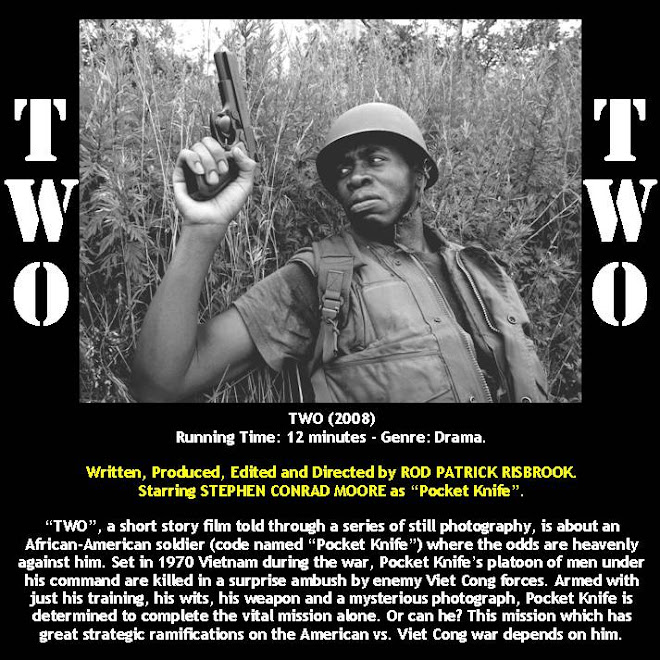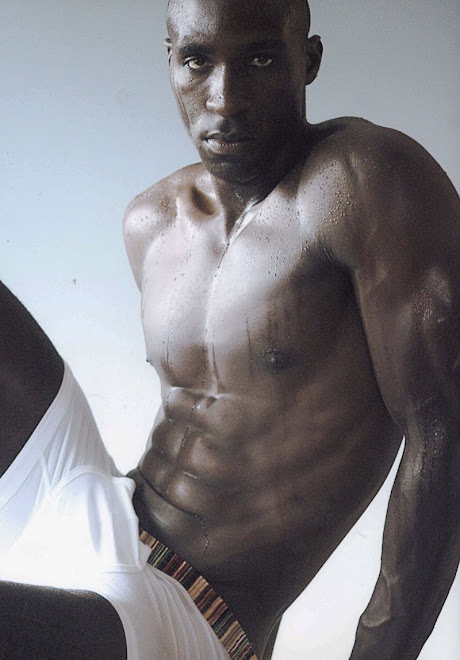(A Guest Nubian Knight's Perspective)
Unlike many Black gay and same gender loving (SGL) men I believe in marriage equality- plain and simple. Many Black lesbian/gay/bisexual/trans/queer/same gender-loving (LGBTQSGL) people say there are other issues more important than marriage equality. Housing, education, health, violence are always the issues that are mentioned when the subject comes up. But when I ask why is there no agenda to address any of these issues in our community, I generally get no response other than there are more important things to deal with.
I think the lack of an agenda is a reflection of the lack of leadership in the Black LGBTQSGL community. Few of the issues raised by Black gay folks who don't support marriage equality are on the radar of most of our institutions. There is little past the ongoing cry for more dollars to fight AIDS which is a battle we are losing if you consider the statistics. Those of us who want marriage equality are not opposed to fighting hate crimes, combating poverty, or AIDS. Some say the absence of Black LGBTQSGL folks in news coverage of rallies and protests is an indication marriage equality is not a priority for us. We [Black folks] know all too well how selective the media can be when it comes to fair and accurate representation. Faces of color are often left out of the equation. However there are Black LGBTQSGL folks in the trenches fighting for the right to marry. The documentary "Jumping the Broom" shows several Black same-sex couples who discuss their desire to marry. There is also the Jordan/Rustin Coalition in California. Their website states, "The group was envisioned to engage the African-American community to work on marriage equality while building a movement of LGBT African Americans and allies who are committed to grassroots organizing." So, I don't buy the argument that we are not interested in marriage.
My support for marriage equality is not about validation. Nor do I see marriage as a preferred state of being. I just want to be treated as much an equal for my orientation as I do for the color of my skin. I am particularly dismayed that AIDS has not made Black gay men more keenly supportive of the right to marry. Many of us who have lost life-partners have also been victimized by the relatives of those loved ones in our time of grief. Relatives have intruded into the lives we built and homes we made, disregarded final wishes, challenged wills, even left some of us homeless. Who would not want protection from that?
And perhaps this is where the problem with marriage lies for us. Marriage means recognizing ourselves and relationships in very different ways. Marriage may be a whole new level of coming out we have not anticipated. And coming out means combating internal and external homophobia. Perhaps this is why so few of our leaders are in support of marriage equality. Maybe our leaders are wrestling with what family really means as many of us are. Maybe our leaders are leaving their life-partners at home during the holidays. And it is one thing to have your folks accept you as gay, bi, whatever. It is certainly another to have mom and dad be happy for you when you call and say your same-sex partner just proposed on bended knee.
As more states adopt laws providing the right to marry for LGTBQSGL people, those of us who want those protections now will become even more present, more out in the larger community. We will talk more openly at the water fountain about how we spent our weekends; we will hold hands in our places of worship, we will be more demonstrative of our love in public. There may be a kind of spill-over effect where Black gay folks who are out in some areas of their lives will be encouraged to be out in every corner of their lives. With the law on our side we will stand up for our rights and seek legal recourse in the face of discrimination. We will see ourselves as fully entitled. This process of re-conceptualization will cause us to view our lives and choices differently. We will want the same regard that is afforded our heterosexual relatives when they marry. We will require a seat at the table for our partners and invite our relatives and friends to share in our own rituals in our own homes. Marriage equality could be the beginning of the normalization of our own liberation to ourselves.
Rather than establishing hierarchies around our needs, Black LGBTQSGL people should consider what relationships exist between marriage equality and other issues of concern and consider what impact marriage equality may have on those issues. Again, I am not advocating everyone get married. Just that the rights and responsibilities that come with marriage are connected to some of our other needs and can be used to facilitate the justice that is our right as citizens.
September 11, 2009





+LR+Edit+32.jpg)


.jpg)


























.jpg)




No comments:
Post a Comment